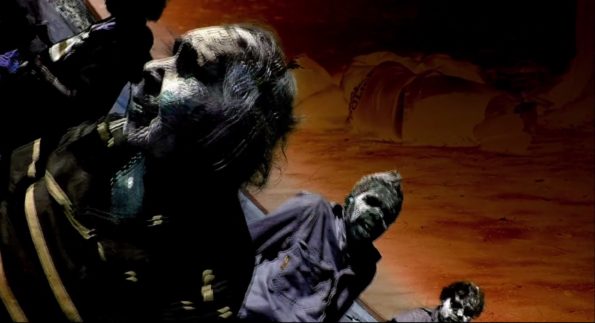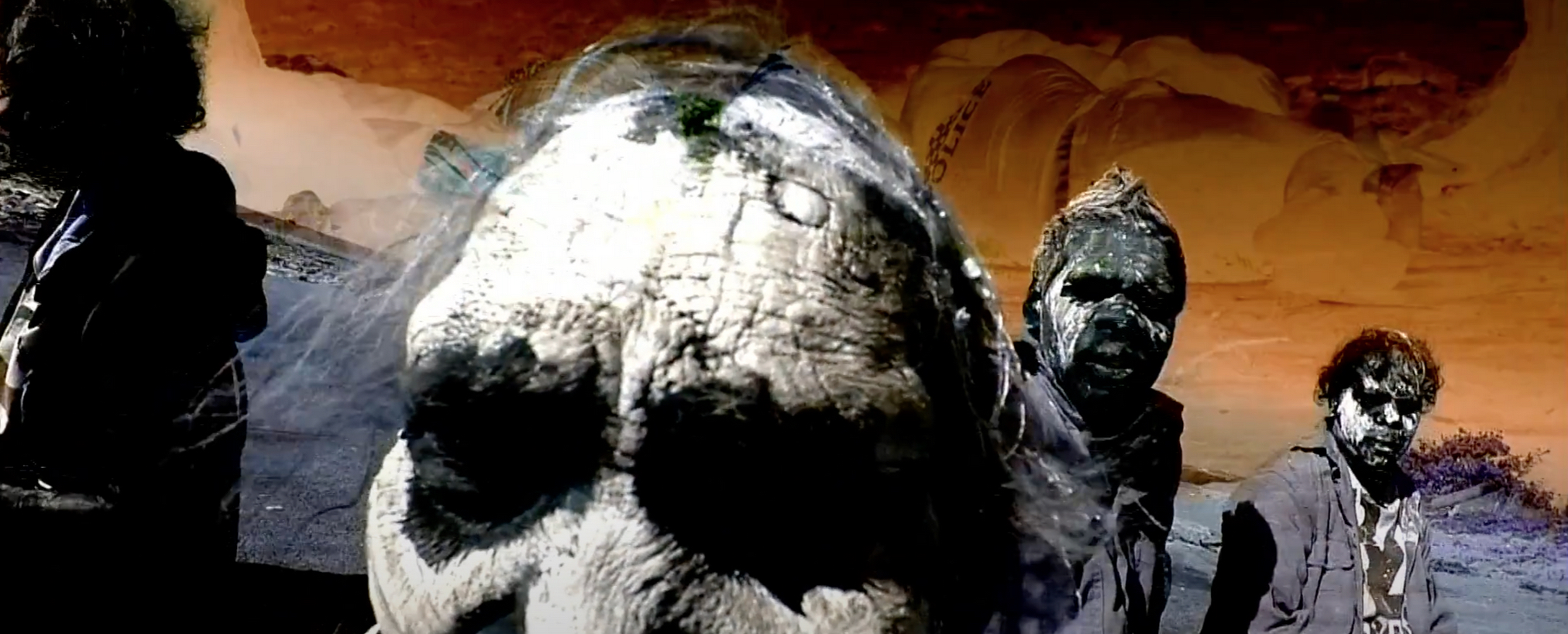Search
To search for an exact match, type the word or phrase you want in quotation marks.
A*DESK has been offering since 2002 contents about criticism and contemporary art. A*DESK has become consolidated thanks to all those who have believed in the project, all those who have followed us, debating, participating and collaborating. Many people have collaborated with A*DESK, and continue to do so. Their efforts, knowledge and belief in the project are what make it grow internationally. At A*DESK we have also generated work for over one hundred professionals in culture, from small collaborations with reviews and classes, to more prolonged and intense collaborations.
At A*DESK we believe in the need for free and universal access to culture and knowledge. We want to carry on being independent, remaining open to more ideas and opinions. If you believe in A*DESK, we need your backing to be able to continue. You can now participate in the project by supporting it. You can choose how much you want to contribute to the project.
You can decide how much you want to bring to the project.

Windjarrameru (The Stealing C*nt$) is a piece of improvisational realism. A group of four Aboriginal young men are holed up in a chemically compromised mangrove swamp having been falsely accused of stealing two cartons of beer, while at the edge of the standoff miners are ransacking the country.
Other characters are two corrupt miners and two local men illicitly sampling a possible iron ore deposit that sat dangerously close to a sacred site; a community land-ranger group secretly tracking their furtive activities; community kids who, arriving at the scene of the standoff, immediately pocket a police siren for fun; community parents worried that if their sons don’t emerge from the swamp they’ll be harmed by the chemical spill and if they do emerge they will be locked away in a Darwin jail; nyudj (ancestral spirits) inhabiting the same landscape and playing tricks on the young men; and a well-intentioned but befuddled white woman from aboriginal legal aid trying to understand what the possible theft of two cartons of beer might have to do with potential illegal mining in the area.
This film is part of the “Collaborative Film Making” month. Each screening will be open for one week.

The Karrabing Film Collective uses the creation of film and art installations as a form of Indigenous grassroots resistance and self-organization. The collective opens a space beyond binaries of the fictional and the documentary, the past and the present. Meaning “low tide” in the Emmiyengal language, karrabing refers to a form of collectivity outside of government-imposed strictures of clanship or land ownership. Shot on handheld cameras and phones, most of Karrabing’s films dramatize and satirize the daily scenarios and obstacles that collective members face in their various interactions with corporate and state entities.
Composing webs of nonlinear narratives that touch on cultural memory, place, and ancestry by freely jumping in time and place, KFC exposes and intervenes into the longstanding facets of colonial violence that impact members directly, such as environmental devastation, land restrictions, and economic exploitation.
"A desk is a dangerous place from which to watch the world" (John Le Carré)